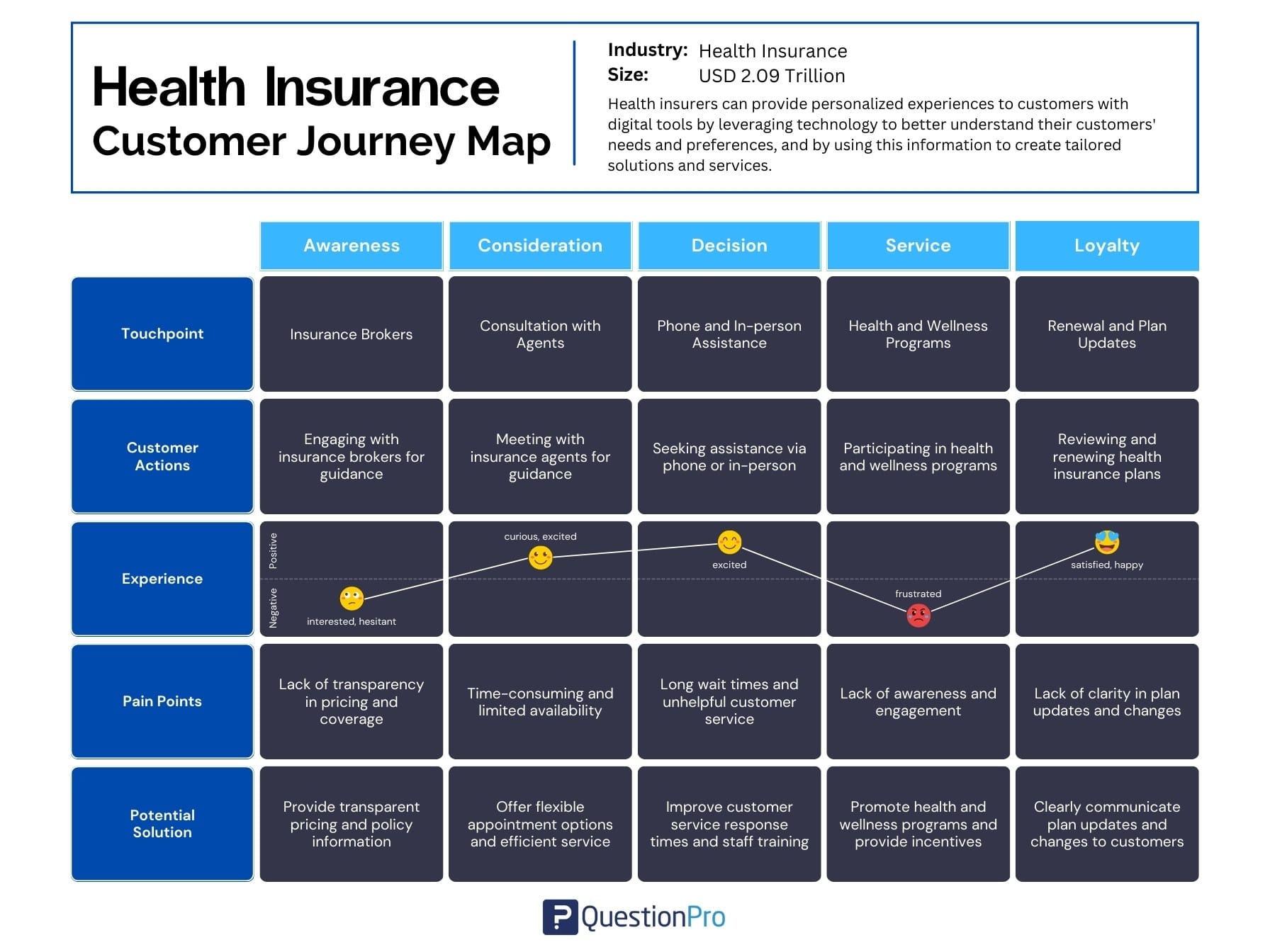 The Potential Disruption of Travel Discovery in the Hands of Google and Meta Using AI
The Potential Disruption of Travel Discovery in the Hands of Google and Meta Using AI
The travel industry is a massive market, estimated to be worth $9.5 trillion by 2023. Unsurprisingly, tech giants like Google and Meta have set their sights on this lucrative industry, using AI to capture a larger share of the market. AI has the potential to revolutionize how consumers research and plan their trips, and in turn, reshape the entire user journey. In this article, we will explore the rise of AI assistants in the travel space, their capabilities, and how they could impact travel brands’ visibility and marketing strategies moving forward.
Google has long been a player in the travel market, offering features like Hotels and Flights search and booking. They have also introduced AI Overviews (formerly SGE) for the travel sector. In March 2024, Google featured AI Overviews in their blog, signaling that AI is a significant part of their future in search and other products.
Meta, on the other hand, is also making strides in the travel space with its AI assistant. Currently in beta in selected countries, Meta AI has the potential to rival Google’s offerings. What sets Meta AI apart is its integration with popular platforms like Facebook, Messenger, WhatsApp, and Instagram. With access to two billion monthly active users, Meta AI has the potential to steer users away from traditional search engines like Google and keep them within the Meta ecosystem.
The impact of AI on the user journey is significant. Users no longer perform a single search; instead, they engage in query stacking, refining their searches over multiple iterations. This process helps users zero in on the exact information they need. With AI, search engines can better understand user intent and provide more relevant results. This multi-modal journey is already evident in the travel industry, with users following and being influenced by travel influencers on platforms like TikTok.
The influence of AI on the user journey depends on the user type. Learners, who are at the start of their journey, can be steered in different directions by AI. Participators, on the other hand, engage with user-generated content and reviews, where AI can summarize content and surface different sources. Shoppers and purchasers are further down the funnel and rely on websites directly for their needs.
Measuring the impact of AI on the travel research journey can be challenging. While observing clicks and impressions can provide insights into user behavior, there are no plans to distinguish AI Overview clicks and impressions from regular ones. However, trends can be observed in Google Search Console, providing valuable information for travel brands.
In conclusion, AI has the potential to disrupt travel discovery and reshape the user journey. Google and Meta are leveraging AI to capture a larger share of the travel market, offering features and assistants that can guide users throughout their travel research process. Travel brands need to adapt their visibility and marketing strategies to stay relevant in this changing landscape. As AI continues to evolve, it will be fascinating to see how it transforms the travel industry and enhances the user experience.
